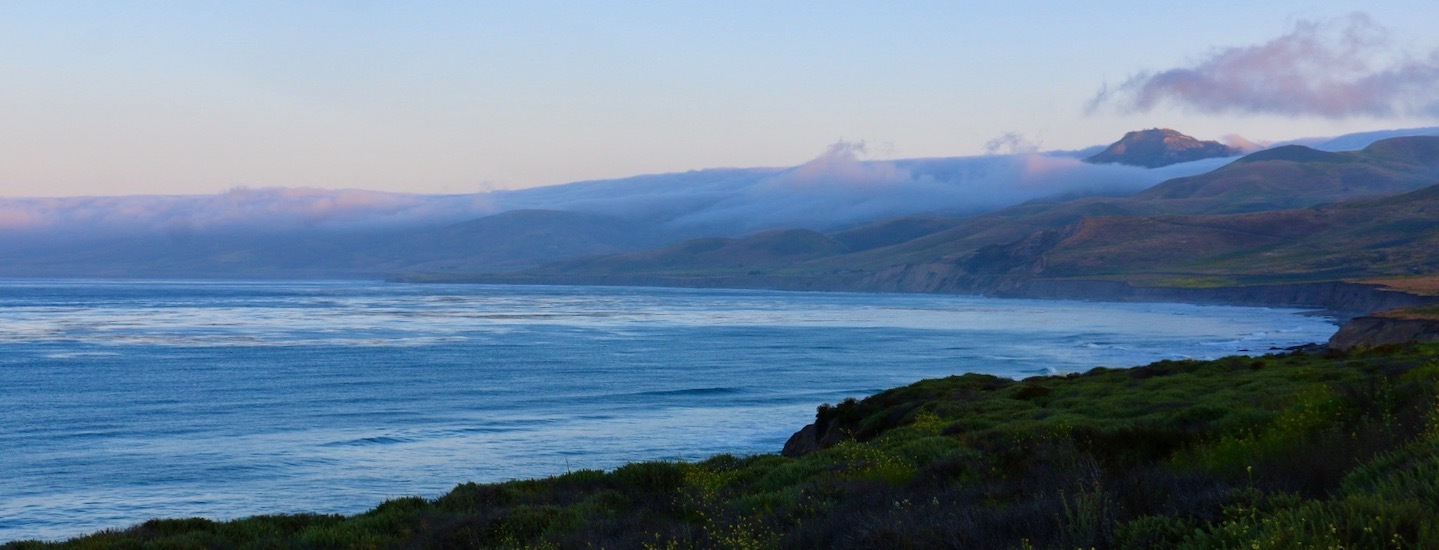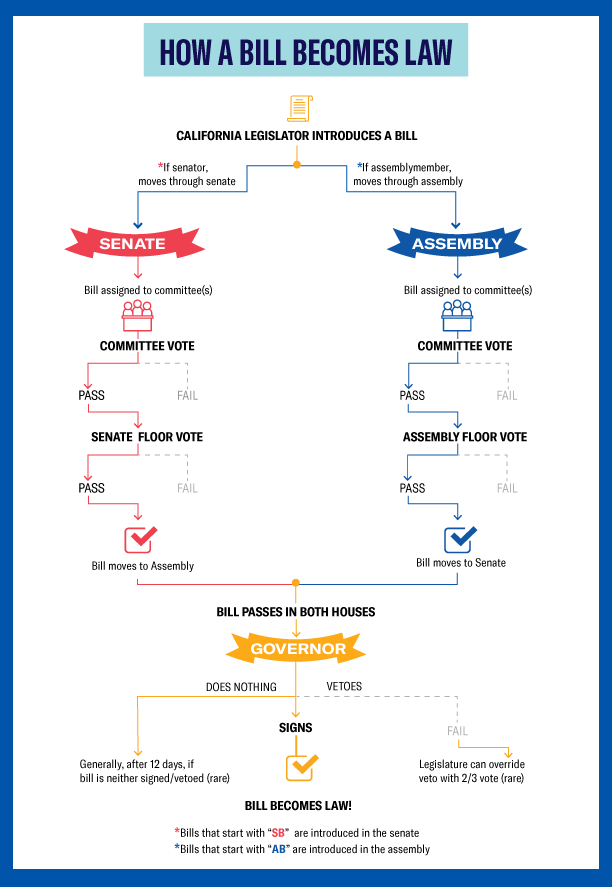
06.03.21
$100 Billion Budget Surplus, 12 Bill Limitation: What's Up With California?
By Surfrider HumboldtPrefer the audio version? Check out the latest episode of Protect & Enjoy, Surfrider's California coast and ocean policy podcast!
California's budget bonanza
Fans of California's coast have a lot to cheer about in Governor Gavin Newsom's “May Revise” budget proposal. The administration wants to spend $200 million to restore coastal wetlands – one of the best defenses against rising seas – and give State Parks $11.5 million to implement the agency's State Parks Sea Level Rise Adaptation Strategy. Parks manages about 25 percent of California's coast, so providing the means for preserving our state beaches is no small act. In addition to helping save California's beloved beaches, the investment makes sense: the U.S. Geological Survey has made clear that sea level rise threatens California's economy even more than wildfires and earthquakes.
An inexplicable gap
But even as the state's beaches face an existential threat with up to two-thirds of Southern California beaches likely to be underwater by 2100, the agency most likely to ensure their survival has inexplicably been denied any new or restored funding in the May Revise, despite the state's $100 billion surplus. The California Coastal Commission manages development in the coastal zone, which stretches 1,100 miles from Oregon to Baja, extending up to five miles inland along the way. What the Commission allows or denies determines, month by month, permit by permit, the shape and future of California's coast.
One of the primary ways the Coastal Commission does this is by overseeing and approving “local coastal programs” (LCPs) that city and county governments create to define appropriate development, land uses, environmental protection, public access and preservation of marine resources in their jurisdictions. While all this might sound unbearably wonky on the surface, the policies enshrined in these LCPs theoretically ensure that any development in the coastal zone fits within what California's Coastal Act allows. Since the Act mandates maximizing coastal access for all people while protecting our coastal habitats and the creatures that depend on them, requiring compliance makes all the difference between healthy, accessible beaches and an overdeveloped coast consisting primarily of beach-killing seawalls.
No time to delay – our beaches are threatened now
Unfortunately the Coastal Commission has long been underfunded. Instead of continuing that trend, the state should use the generational opportunity presented by the budget surplus to finally fund the Coastal Commission in such a way to bridge the gap between their mandate and their resources. We know that building climate resilience is no longer a future planning exercise but a matter of protecting our beaches, the joy they provide and the $44 billion economy they support – now.
- Specifically, Surfrider Foundation is supporting the legislature's addition of $31 million to fund the Coastal Commission's sea level rise work.
- California residents, make a call to your state senator and assemblymember now! (Find your rep here.)
Limits placed on legislators, bills advance nonetheless
Senate and Assembly leadership notified legislators that they would only allow 12 bills per lawmaker this year, which may sound like a lot, but California's representatives are an enthusiastic bunch – 1500 bills were proposed in the Assembly alone this year!
This week, bills head to the floor of their respective houses for a full vote. They must pass to continue moving ahead. (For a primer on how a bill becomes a law in the state of California, see here.)
Here are the priority bills Surfrider is supporting:
Coastal Preservation
- AB 72 (Petrie-Norris) – Authorize California Natural Resource Agency to streamline coastal adaptation projects (i.e., “Cutting the Green Tape”)
- SB 1 (Atkins) – Amend the California Coastal Act to better enable sea level rise planning, especially in frontline communities
- SB 83 (Allen) – Create the Sea Level Rise Revolving Loan Program to provide low-interest loans to local governments for purchase of threatened coastal properties vulnerable to sea level rise
- SB 433 (Allen) – Expands the Coastal Commission’s administrative penalty authority to include Coastal Act violations such as habitat destruction
Beach Access
- SB-796 (Bradford) – Return a piece of land in Manhattan Beach to the descendants of the Black couple from whom it was wrongfully taken nearly a century ago
Plastic Pollution
- AB 478 (Ting) - Thermoform Minimum Content. Sets minimum recycled content requirements for plastic thermoform food containers (i.e. berry boxes, clamshell containers)
- AB 1201 (Ting) – Compost. This bill bans the sale of plastic products that are labeled “compostable” unless it meets specified standards and criteria
- AB 1276 (Carillo) - Reduce Unnecessary Food Serviceware. Expands plastic straws upon request law to include other single-use food accessories, other food facilities, and third party delivery platforms - including food that is taken away or delivered
- AB 1371 (Friedman) – Plastic Film in E-Commerce. Phases out the use of plastic “films”—including mailers, void fill and polystyrene peanuts — in e-commerce packaging. Critical since there are already so many better non-plastic options.
- SB 343 (Allen) - Truth in Labeling for Recyclables. Builds on California’s current “Truth in Environmental Advertising” law that prohibits the use of the word “recyclable” on products that are not truly recyclable and should not be put in a curbside recycle bin. SB 343 extends this prohibition to include the “chasing arrows” symbol, which most consumers believe denotes recyclability
- AB 962 (Kamlager) - Returnable Beverage Bottles. Allows returnable (“refillable”) bottles to be preserved and refilled by beverage producers (example: breweries), rather than crushed and recycled
- AB 881 (Gonzalez) - Recycling Export Reform. Closes the loophole that enables exported plastic waste to be deemed recycled even when it is landfilled, burned, dumped, or otherwise improperly managed
- AB 818 (Bloom) - Wipes. Requires certain premoistened nonwoven disposable wipes to be labeled with the phrase “Do Not Flush” and prevents them from making flushable claims.
We'll keep you updated as bills advance – watch for action alerts or call your representative now to express your support for the bills above! And don't forget to subscribe to Protect & Enjoy, Surfrider's California coast and ocean policy podcast, to stay clued in to the top issues facing our state – find it on iTunes and Spotify.

